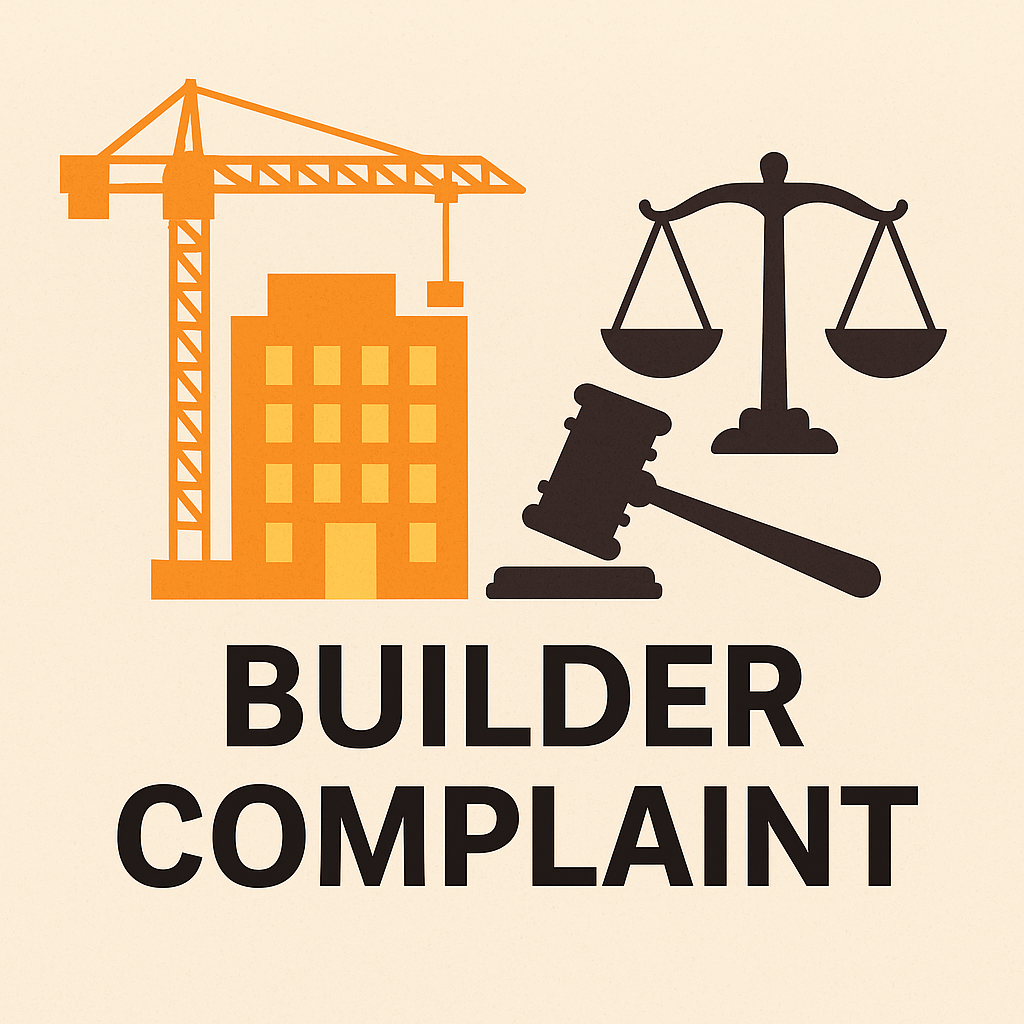Buying or selling property is one of the most significant financial decisions a person makes. Yet, many overlook the legal paperwork involved—often leading to disputes, fraud, or unnecessary delays. That’s where property document verification in India becomes crucial. This post breaks down three key documents every buyer or seller must understand: Title Deeds, Sale Agreements, and Encumbrance Certificates.
1. Title Deed: Proof of Ownership
A Title Deed is the cornerstone of any property transaction. It proves who legally owns the property. Without a clear title, the seller cannot transfer ownership to the buyer.
What to check:
- The name on the deed matches the seller’s ID.
- The property details (survey number, boundaries, location) are accurate.
- It is registered with the Sub-Registrar’s Office.
Tip: Always ask for a mother deed – the original chain of ownership going back 30 years, if possible. A break in the chain may raise red flags during property document verification in India.
2. Sale Agreement: The Pre-Sale Legal Blueprint
A Sale Agreement is a document executed before the actual sale happens. It outlines the terms agreed upon by the buyer and seller.
Key elements:
- Agreed sale price and payment schedule.
- Date of possession and registration.
- Obligations of both parties.
- Penalties for breach of contract.
It’s important to note that the Sale Agreement alone does not transfer ownership. It merely sets the stage for the Sale Deed, which must be registered to complete the transaction.
3. Encumbrance Certificate (EC): Uncovering Liabilities
An Encumbrance Certificate confirms whether the property is free from monetary or legal liabilities—like unpaid loans or court disputes.
How to obtain it:
- Visit the Sub-Registrar’s Office or apply online (available in most states).
- Request the EC for at least the last 13 years.
- Check for any mortgages, liens, or legal claims.
A clean EC is critical in property document verification in India to avoid buying property with hidden problems.
Final Thoughts: Do Not Skip Legal Due Diligence
Many buyers rely solely on the builder’s or broker’s word. Don’t. Always conduct independent property document verification in India—either by yourself or through a trusted legal expert. It ensures peace of mind and protects your hard-earned investment.
Bonus: If you’re planning to take a home loan, banks will demand all these documents anyway—so it’s best to be one step ahead.
Property Document Verification in India: A Quick Guide
 Property Document Verification in India
Property Document Verification in India




